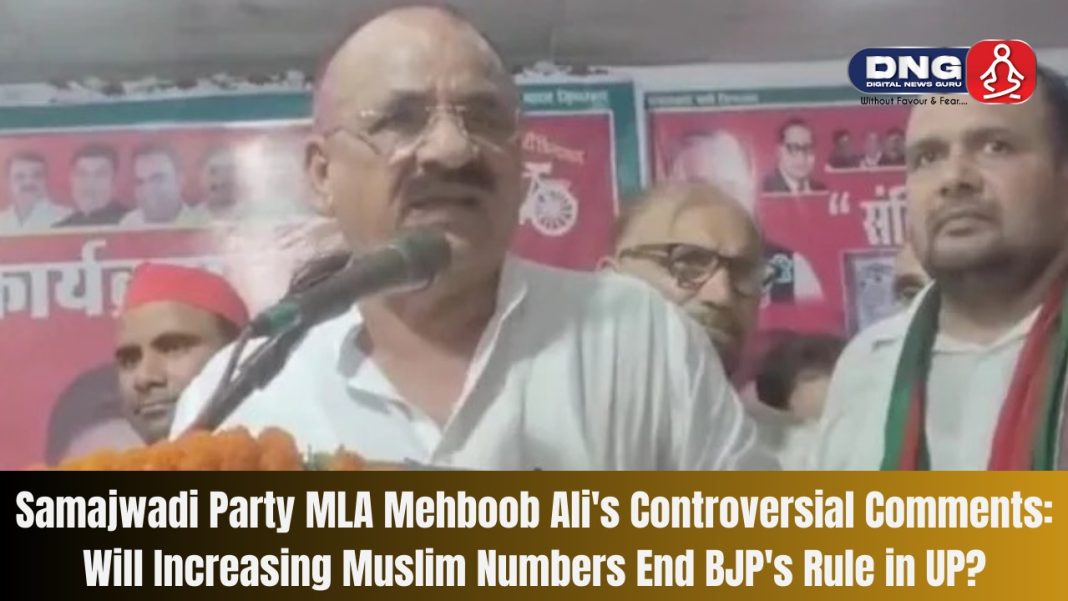DIGITAL NEWS GURU DELHI DESK:
Samajwadi Party MLA Mehboob Ali’s Controversial Comments: Will Increasing Muslim Numbers End BJP’s Rule in UP?
On September 30, 2024, a political storm erupted in Uttar Pradesh following remarks by Mehboob Ali, a Member of the Legislative Assembly (MLA) from the Samajwadi Party (SP).
Speaking at a gathering in Bijnor, Ali suggested that the growing Muslim population in the state could potentially lead to the end of Bharatiya Janata Party (BJP) rule in the upcoming 2027 elections. His comments have stirred significant controversy, prompting backlash from BJP leaders and reigniting discussions about demographic politics in the state.
The Remarks That Sparked Outrage
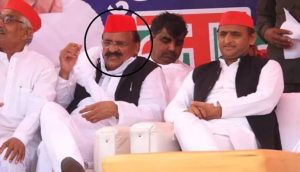
During the event dubbed “Samvidhan Samman,” Ali stated, “In 2027, you will definitely go, and we will definitely come,” directly implying that an increase in the Muslim population could shift electoral power from the BJP to opposition parties like the Samajwadi Party.
The comments have been interpreted as an attempt to mobilize Muslim voters by suggesting that their rising numbers could be a determining factor in the next elections. This assertion has been met with severe criticism from BJP leaders, who argue that such statements are incendiary and could lead to communal tensions.
BJP spokesperson Shehzad Poonawala was particularly vocal in condemning Ali’s remarks. He accused the Samajwadi Party of engaging in divisive politics by promoting a “Muslim vote bank” narrative. Poonawala’s remarks indicate a strategic response from the BJP, which has historically positioned itself as the party of Hindus, emphasizing unity among various communities to counter opposition narratives
Political Fallout
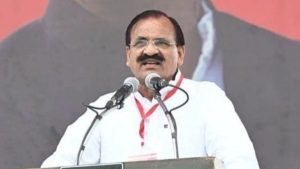
The backlash to Mehboob Ali’s statements was immediate and widespread. BJP leaders, including former Deputy Chief Minister Dinesh Sharma, condemned the remarks as irresponsible and damaging to communal harmony. Sharma remarked, “The SP should understand that Modi and Yogi are lions. Lions walk alone, they don’t rely on a crowd,” suggesting that the BJP is not intimidated by demographic changes.
This framing serves to bolster the BJP’s image as a strong, resilient party capable of maintaining its position irrespective of population dynamics.
The controversy has also led to internal discussions within the Samajwadi Party, with some leaders attempting to distance themselves from Ali’s remarks. Sunil Sajan, a spokesperson for the SP, acknowledged that while the comments were inappropriate, the focus should remain on pressing issues like inflation, unemployment, and the perceived failures of the BJP government.
This response indicates an attempt by the SP to manage the narrative and avoid alienating potential voters who may feel uncomfortable with Ali’s statements.
Demographics and Political Strategies
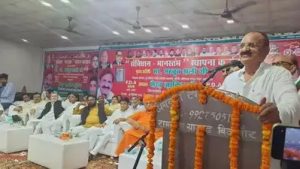
Ali’s comments bring to light the significant role that demographic changes play in Indian politics, particularly in a diverse state like Uttar Pradesh, which has a substantial Muslim population. Political leaders often leverage demographic narratives to galvanize support, and the upcoming 2027 elections are likely to see intensified efforts from all parties to engage with these issues.
The BJP has successfully mobilized Hindu voters in previous elections by framing its agenda around nationalistic and cultural themes, often positioning itself against perceived threats from minority communities.
This approach has created a charged political atmosphere, wherein remarks like Ali’s can quickly escalate into broader communal tensions.
Conversely, opposition parties like the Samajwadi Party have historically attempted to consolidate Muslim votes, emphasizing representation and rights for minority communities. Ali’s statement may have been intended to tap into this voter base by suggesting that their increasing numbers could shift the electoral landscape in favor of the SP and its allies.
Historical Context and Implications
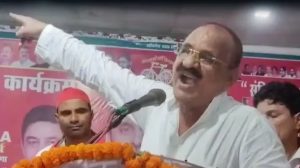
The historical context of communal politics in Uttar Pradesh cannot be overlooked. The state has seen numerous instances of communal violence and political polarization, making discussions about demographics particularly sensitive. Previous political campaigns have often revolved around identity politics, where leaders invoke religious identities to rally support.
Mehboob Ali’s remarks echo a long-standing trend in Indian politics, where population dynamics are frequently utilized as a strategy for electoral gain. However, the implications of such statements can be profound, as they risk deepening divisions among communities and inciting tensions that could affect the political climate leading up to the elections.
Conclusion: Navigating the Future
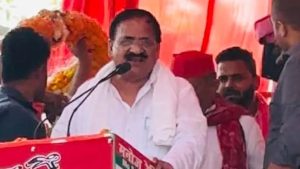
As the political landscape in Uttar Pradesh continues to evolve, Mehboob Ali’s controversial remarks are likely to serve as a focal point in discussions about demographic politics. The swift backlash from the BJP and the Samajwadi Party’s attempts to navigate the fallout illustrate the complexities involved in addressing communal identity in a diverse state.
The lead-up to the 2027 elections will undoubtedly be marked by intensified efforts from all parties to engage with demographic realities while attempting to maintain communal harmony. Political analysts suggest that how parties handle such narratives will significantly impact their electoral strategies and the overall political climate in Uttar Pradesh.
In summary, Mehboob Ali’s comments highlight the delicate balance that political leaders must strike in addressing sensitive issues in a multicultural society. As parties gear up for the elections, the discussions around demographics will continue to shape the political discourse, making it crucial for all stakeholders to approach these issues with caution and responsibility.
YOU MAY ALSO READ: Karnataka High Court Stays Investigation in FIR Against Nirmala Sitharaman and BJP Leaders Over Alleged Electoral Bonds Extortion



